Why Mask Fit Testing Is A Requirement In School Clinicals
Do you live and/or work in the London, Kitchener/Waterloo and Guelph areas? Are you currently enrolled or planning to enrol in a healthcare-related college or university program? Is your planned vocation in the world of nursing, personal support work, paramedics, pharma, occupational therapy or dentistry? If so, you will soon learn of the extreme importance of getting a mask fit certification.
As the Western University-affiliated London Health Sciences Centre confirms, learners must complete respirator mask fit testing prior to clinical placement. Students are required to bring documentation to the placement of the N95 Respirator on which they have obtained a fit. “Acceptable N95 Respirators for testing are: 3M 1860, 1860s, 1804, and 1870+,” informs their website, “The fit testing must be within two years of the date of the clinical placement period.”
What is the importance of mask fit testing?
It should go without saying that in the medical world, protecting everyone’s health is of paramount importance. To ensure the safety of both patients and healthcare providers, it is vital that the passing on of any contagious conditions is minimized as best as possible. Wearing an N95 mask and/or reusable respirator is the best way to do just that.
With mask fit testing, a healthcare provider can guarantee that the fit of a mask or respirator forms a tight seal on his or her face. This is the absolute best way to ensure the effectiveness of the mask when it is being used in the workplace. Both co-workers and patients can be assured that they are getting the expected level of protection. A properly-fitted mask minimizes contaminant leakage into the facepiece.
What happens when a respirator does not fit properly?
In such an instance, a portion of the air being breathed by the wearer can bypass the respirator’s filter. As a result, contaminants, such as viruses, bacteria, can enter through breaks in the seal of the respirator. Improperly-fitted masks can expose their wearers to harmful pathogens in the environment. The bottom line is that if the respirator does not form a firm seal with the face, it cannot provide the expected level of protection. Therefore, the importance of mask fit testing cannot be underestimated.
To be clear, mask fit testing cannot be performed unless the person undergoing the test is clean shaven. Basically no beards and no facial hair on one’s cheeks and chin. That way, the facepiece can adequately seal to the skin. Short moustaches are okay. Participants should also refrain from eating, drinking (except for water), smoking and chewing gum 15 minutes prior to the test to keep a clean pallet before the mask fit test.
Getting a mask fit test done is easy with MaskFit Plus!
The MaskFit Plus team performs Qualitative Fit Testing (QFLT) in addition to the Greater Toronto area, they perform mask fit testing in the Kitchener, Waterloo, Guelph, Cambridge and the London area. Their QFLT sessions are Occupational Health and Safety (OHSA) approved. This certification program meets the requirement for mask fit testing under the Canadian CSA-Z94 standard (use and care of respirators). MaskFit Plus offers mask fit certifications with high-grade medical and industrial grade N95 disposable masks and 1/2 face reusable respirators. As well, they perform fit testing on masks and respirators onsite for corporate clients.
For more information, please don’t hesitate to call MaskFit Plus at 289-643-6222. You may also fill out the form on our Contact Us page!
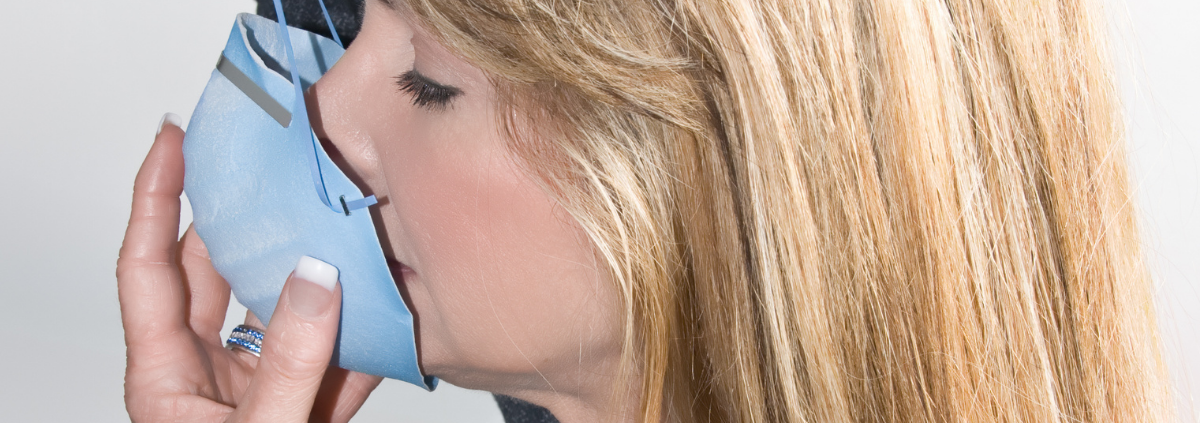

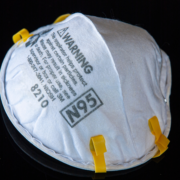
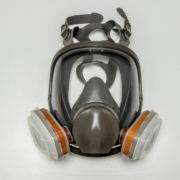
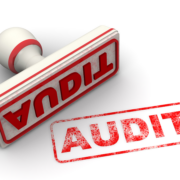
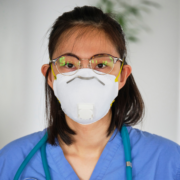




Leave a Reply
Want to join the discussion?Feel free to contribute!